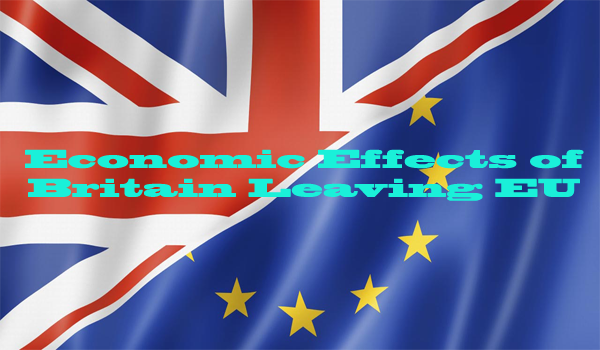The Brexit effect on Asian and European manufacturing are still lingering. Manufacturing in these areas is still down August, although UK industry appears to be the exception. This is contrary to the post-Brexit slump that most commentators expected. Part of the UK’s unexpected increase in figures is believed to be recovery after the initial shock of the Brexit vote. Perhaps also to a nationalistic reaction to prove that the UK can survive outside of the European free market.

Another factor involved in the British manufacturing industry’s success is the drop in the value of the pound after Brexit is helping Britain’s exports. In addition to this, consumer spending has not dropped and the UK manufacturing industries have been faring better than expected after the vote to leave the EU.
Many thought that the UK would fare better than most commentators believed. It could be that they are correct. The UK has certainly not yet suffered from any post-Brexit slump. The Brexit effect appears not all to have been negative.
On the contrary, some businesses have actually benefited by being able to export more due to exchange rates being beneficial to exporters. Take an average of $1.48 to the pound June 22 against $1.31 now. This is a significant change to exporters. The rate vs. the Euro is very similar helping UK exports to the EU post Brexit.
The potential for a recession is still present, however, although many believe that the Brexit effect on UK banks and other financial institutions are currently strong enough to avoid this. The issue this time is constrained to the EU and the UK, and is not as affected by worldwide influences than it was back in 2008-2009. Nevertheless, there will likely be a big change once the UK actually leaves the EU and the free European trade market.
The UK Markit/PMI (CIPS Purchasing Managers Index) was at its highest for 10 months in August – it had dropped to 3-year low in July after the June 23rd Brexit vote. So perhaps the effect is not going to be as severe as many forecast.
Given that a level above 50 equates to growth, this is a significant boost to Britain’s prospects. Not only did it exceed the forecasts of almost all analysts, it was extremely large in relation to manufacturing output. Perhaps a proportion of the British optimism is due to the fact that the new Prime Minister, Theresa May, was not in favor of the UK leaving the EU. She is still displaying an anti-Brexit approach to forthcoming negotiations.
As far as the Eurozone growth goes, France and Italy dropped, Greece had no change and Germany, Austria and the Netherland all improved – as usual. There seems to be no Brexit effect here either. Manufacturing growth in the United States slowed down in July after slow second-quarter figures being posted.
This may affect Janet Yellen’s decision on when and by how much the Federal Reserve interest rates should change. They will undoubtedly be raised sometime this year, with bets about even on September before, or December after the Presidential Election. The Brexit effect is unlikely to influence the Bank of England interest rate so the Fed should have a free ride.